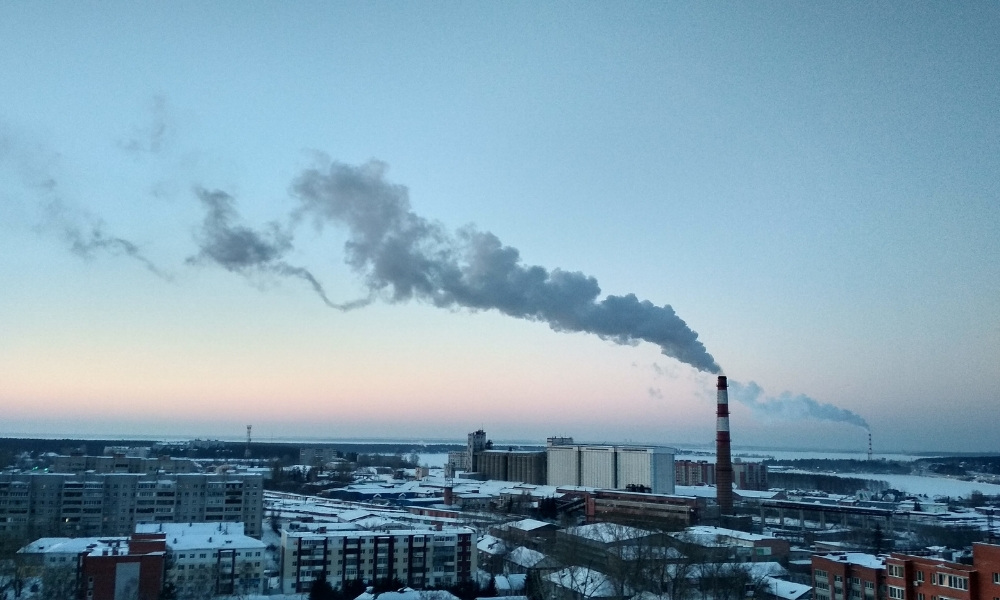
For a long time, the dire consequences of pollution and unsustainable practices had only been scary stories told by scientists for many of us, but today, the world has started facing some of those scary consequences. Industrial processes generate massive amounts of wastewater, and the release of toxins from these processes has devastating effects on both the environment and human health. As a society, we have decided to fight pollution by implementing sustainable practices, and effective treatment of industrial wastewater using advanced water treatment methods is one of them. Activated carbon is widely used in industrial waste water treatment across the world; in this article we will discuss industrial waste water treatment and the role activated carbon plays in water treatment processes.
Industrial wastewater: the hazards
Industrial wastewater contains a blend of pollutants, including heavy metals, oils, pesticides, organic compounds, synthetic chemicals, pharmaceuticals, and other toxic industrial by-products. If left untreated, this water can seriously harm humans as well as wildlife and aquatic life and contaminate surface water sources and groundwater. The effect of these pollutants on the food chain is the production of substances like PBTs (persistent, Bioaccumulative and toxic chemicals).
Around the world, for industries, there are specific standards for treated wastewater, and effective treatment of industrial wastewater is an essential measure all industries should take to ensure the protection of their surrounding water resources. Industrial wastewater treatment methods make it possible to release this water safely to the environment.
Activated carbon
One of the most highly effective adsorbent materials in the world, activated carbon, plays a crucial role in industrial wastewater treatment. The high surface area, adsorbent capacity, varieties, and cost effectiveness all make activated carbon an excellent solution for removing pollutants from wastewater. Activated carbon can be classified into a variety of categories based on it’s raw materials, production process, size of pores, shape, etc. Activated carbon can also be made to treat a targeted pollutant or be used in a specific process as well, which makes it a highly versatile adsorbent!
Activated carbon in industrial wastewater treatment
Adsorption, in simple terms, is the adhesion of molecules to a surface, and activated carbon is an excellent adsorbent that can remove substances from both liquid and gas. In industrial wastewater treatment processes, activated carbon is used to adsorb a wide range of pollutants, including organic compounds. The porous surface of activated carbon binds the pollutants until a reactivation process is initiated, which involves heating the activated carbon to high temperatures and destroying or turning the pollutants harmless. The reactivation process also regenerates the activated carbon, which makes it one of the most sustainable alternatives for wastewater treatment. Granular activated carbon (GAC) is generally considered the ideal type of activated carbon for wastewater treatment; however, some targeted applications need other varieties. So all in all, activated carbon in industrial wastewater treatment is:
- Effective against a wide range of pollutants
- Cost-effective
- Sustainable
- Versatile
Pollutants treated by activated carbon
As we just discussed, activated carbon is widely used in various industrial wastewater treatment applications and can remove a wide range of pollutants from wastewater. Heavy metals like lead, mercury, and arsenic, organic compounds like pesticides, herbicides, and volatile organic compounds (VOCs), synthetic compounds, cyanotoxins, oils, pharmaceuticals, PFAS, and compounds that form unpleasant odour, taste, or colour are all included in this list.
Similar to the long list of pollutants activated carbon is effective against, it also has a wide range of applications apart from wastewater treatment. Activated carbon is used in air purifiers, water filters, medical facilities, chemical processing, the pharmaceutical industry, the food and beverage industry, teeth-whitening products, gas masks, and skincare products.
Conclusion
Effective and sustainable industrial wastewater treatment is the need of the world, and it can help us mend our environment and create safer and healthier surroundings for the next generation. Activated carbon is an extremely useful adsorbent that has revolutionized a variety of purification processes and is one of the most sustainable and cost-effective adsorbents on the market today. Southern Carbon is among the best activated carbon manufacturers in India, with over two decades of expertise. As one of the most trusted premium activated carbon suppliers in India, our aim is to continue our legacy of excellence in every aspect. Connect with us for customized solutions, superior-quality products, and reliable services.
